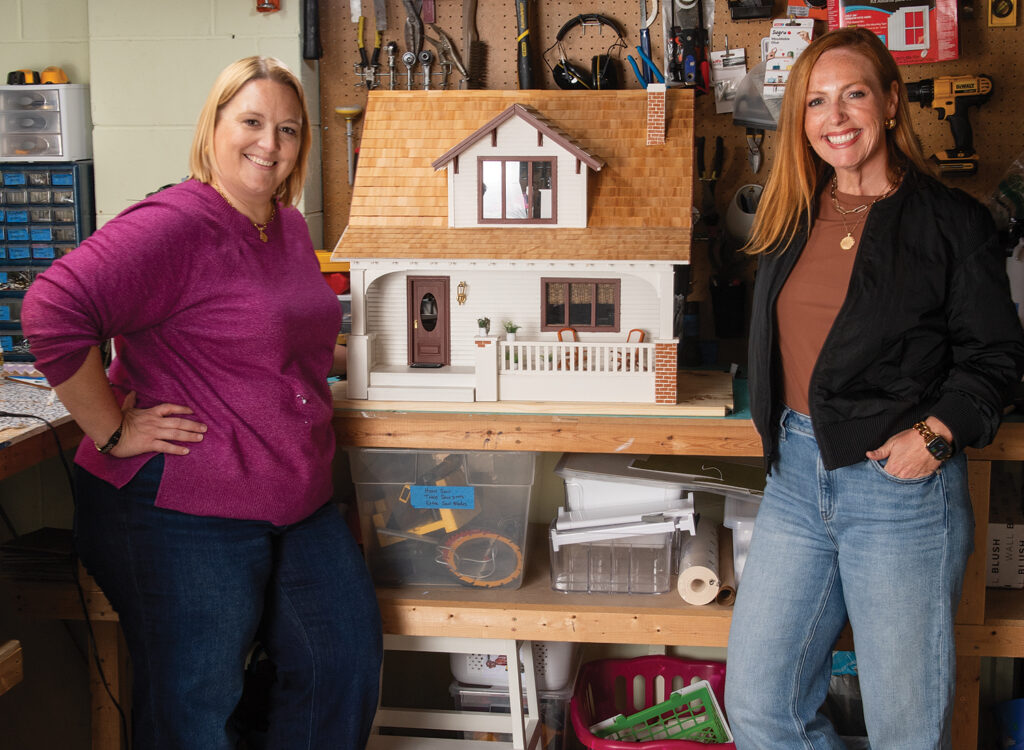NOTEBOOK: Some expert advice on leveraging foreign-born talent

JOE GARDYASZ Jul 25, 2018 | 4:06 pm
2 min read time
399 wordsBusiness Record Insider, The Insider NotebookGreater Des Moines has taken a leadership role among cities in its efforts to encourage immigration as an economic growth and talent development strategy, but the region needs to do more to encourage immigrants to start their own small businesses, says an expert who has her finger on the latest national trends.
Kate Brick, director of state and local initiatives with New American Economy, was visiting Des Moines last week during the Association of Chamber of Commerce Executives national conference held downtown. For the event, NAE updated its “Snapshot of the Foreign-Born in the Greater Des Moines Area” with 2016 data.
According to the updated report, which is based on U.S. Census data from the American Community Survey, Greater Des Moines is home to 48,542 immigrant residents, representing 7.9 percent of the region’s population. Collectively, these foreign-born residents paid $305.5 million in state and federal taxes, and contributed more than $924.6 million in spending power to the local economy. Nearly 84 percent of immigrants living in Greater Des Moines are working-age adults, compared to 63 percent of U.S.-born residents locally.
“The trends across metro areas nationally remain the same,” Brick said, “in that immigrants are really driving economic growth and they’re making on outsized contribution to the local economy. Particularly in Des Moines, the immigrant population is much more likely to be working-age, so at a time when our workforce is aging, it’s really important that this community of people is coming to reinvigorate the region the workforce with much-needed talent.”
In what area could Greater Des Moines do better to support immigrants? In a word, entrepreneurship.
“One trend that we see nationally is that immigrants are much more likely to open new businesses, and that’s especially true among what we call Main Street businesses like restaurants and laundromats,” she said.
In 2016, 4.5 percent of immigrants living in Greater Des Moines were self-employed, compared to 8.5 percent of the U.S.-born population locally. Typically, it’s the other way around in most areas of the country, Brick said.
“That’s one area where I think there’s room for Des Moines to invest more, in terms of providing the resources that immigrants need — how to start a new business, making sure they understand the process and have access to the resources that they need. I think that’s a huge area for additional economic growth.”
See the report: https://bit.ly/2JGp0qU










